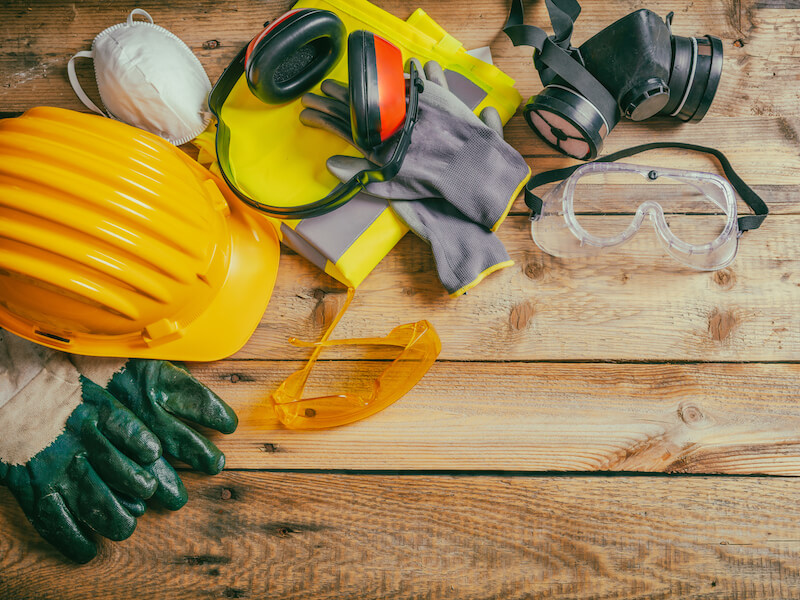
About two million workplace injuries are reported every year. When you think about on-the-job injuries, you may think of flying objects or a hand caught in a piece of machinery at a factory.
But the most prevalent workplace injury is a lot more pernicious and frequently goes unreported. It sneaks up on people extremely slowly over the course of several years. The injury goes unnoticed until the effects become impossible to ignore. Excuses are a typical reaction. “It will go away” or “I’m just getting older. This isn’t unusual.
Many individuals don’t even realize it was related to their workplace environment.
The insidious injury is damaged hearing. There are a number of warning signs you should identify, and there are important steps you need to take if you believe the damage is already done.
Exactly When Does The Volume Become “Too Loud”?
Sustained exposure to sounds louder than 85 decibels (dB) can cause long-term damage to your hearing. Seventy-five dB, for instance, is the average volume of a vacuum cleaner. A lawnmower delivers 85 dB. A chainsaw or leaf blower produces over 100 dB. And the volume of a gunshot comes in at 140 dB.
Are you at risk when in your work environment? Are you being exposed to the most common workplace injury? If you’re frequently exposed to something as loud as a lawnmower, even if it’s not continuous, your hearing is likely to become damaged over time.
Symptoms of Hearing Injury
If you work in a noisy environment, there’s no doubt you’re harming your hearing.
What follows is are early warning signs that you’re experiencing hearing loss:
- When you speak with people you constantly believe they are mumbling
- Loud sounds cause pain in your ears.
- Conversations sound muffled.
- You can’t understand the person speaking if there’s background sound.
- You often ask people to repeat themselves.
- You tend to disengage when people are talking.
- consonants get confused – “Todd” sounds like “Dodd,” for example.
- People are always complaining about the high volume of your media devices.
- You’re hearing sounds in your ears like ringing, whistling, or hissing.
What Are Employers Doing to Decrease Hearing Damage?
Businesses and organizations are using the most recent technology to reduce workplace noise in overly loud environments. Workplace noise will be lessened as new guidelines are being put in place by governments to safeguard workers.
Employees are coming forward as they become mindful of the long-term damage that workplace noise is causing. With time, their voices will result in further change.
Preventing Additional Damage
Protecting your ears before they are damaged is the smartest plan if you work in a loud setting. Potential damage will be reduced by wearing protective earplugs or earmuffs.
Schedule an appointment for a hearing exam as soon as possible if you believe a noisy workplace has caused injury to your hearing. When you determine the level of your hearing loss, you will find out how to prevent further damage going forward. We can help you formulate strategies to avoid further hearing loss and address the damage you’ve already experienced.

